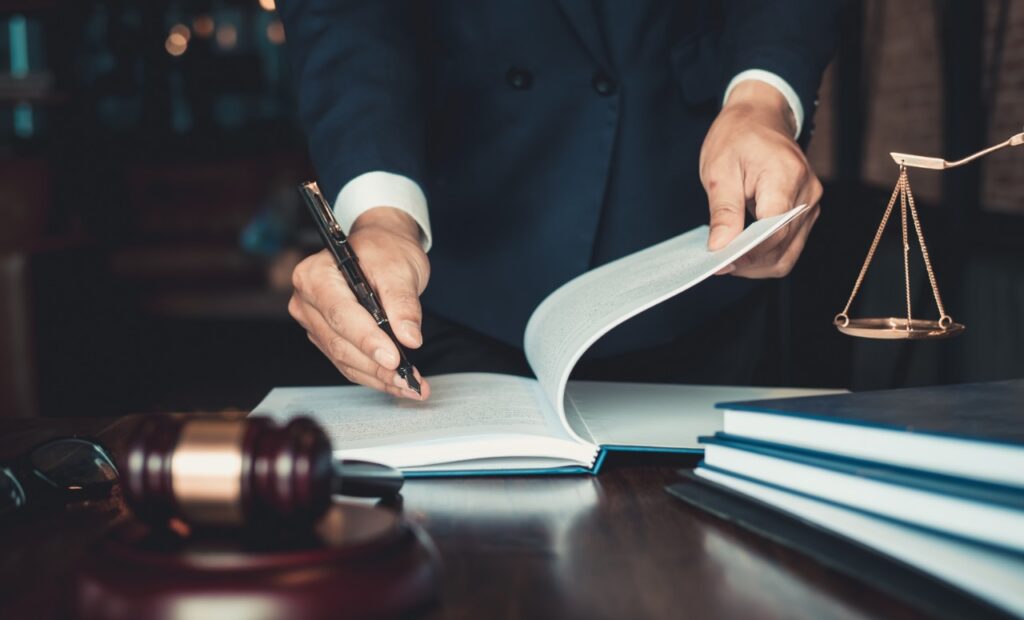Do Dubai Courts Accept Electronic Evidence in Commercial Disputes?
In today’s digital economy, business communications and transactions often happen through emails, instant messages, electronic contracts, and online platforms. This shift raises an important legal question: Do Dubai courts accept electronic evidence in commercial disputes? The short answer is yes—but under strict conditions.

Recognition of Electronic Evidence in Dubai Courts
The UAE has modernized its legal framework to recognize electronic evidence. Under Federal Law No. 46 of 2021 on Electronic Transactions and Trust Services, electronic records, contracts, and signatures carry the same legal weight as traditional paper documents, provided they meet authenticity and reliability standards.
This means emails, electronic contracts, invoices, payment confirmations, and even WhatsApp messages can be admissible in commercial disputes if they are properly presented and verified.
Conditions for Admissibility
For electronic evidence to be accepted by Dubai courts, it must:
- Be Authentic – The evidence must come from a credible source and remain unaltered.
- Be Relevant – It must directly relate to the dispute at hand.
- Be Legally Obtained – Evidence collected through unlawful means, such as hacking or breaching privacy laws, will not be admitted.
- Be Supported by Expert Verification – In some cases, courts may require expert reports or certification to confirm the validity of the electronic data.
Why It Matters in Commercial Disputes
Commercial disputes often hinge on agreements, communications, or financial transactions that exist only in electronic form. For example:
- An email confirming delivery terms.
- A digital contract outlining partnership obligations.
- Online payment records proving completion of a transaction.
Without recognition of electronic evidence, many business disputes would be nearly impossible to prove. By allowing such evidence, Dubai courts ensure that modern commerce is fairly and efficiently adjudicated.
How TLG: The Legal Group Assists Clients
While electronic evidence is legally recognized, presenting it effectively requires skill and precision. Saif Al Shamsi, founder of TLG: The Legal Group, helps businesses and individuals by:
- Reviewing digital communications and records to determine their admissibility.
- Ensuring electronic evidence is collected and preserved in compliance with UAE law.
- Coordinating with forensic experts to authenticate electronic data when necessary.
- Strategically presenting evidence in court to strengthen commercial claims or defenses.
- Advising businesses on how to structure electronic contracts and communications to reduce risks in future disputes.
By combining legal expertise with an understanding of modern technology, TLG ensures clients’ electronic records are used effectively to safeguard their commercial rights.
Conclusion
Dubai courts do accept electronic evidence in commercial disputes, but only when it meets strict legal standards of authenticity, relevance, and legality. For businesses operating in today’s digital-first world, understanding these requirements is essential. Properly managed electronic records can make the difference between winning and losing a dispute, highlighting the importance of legal foresight and professional guidance in every commercial transaction.
